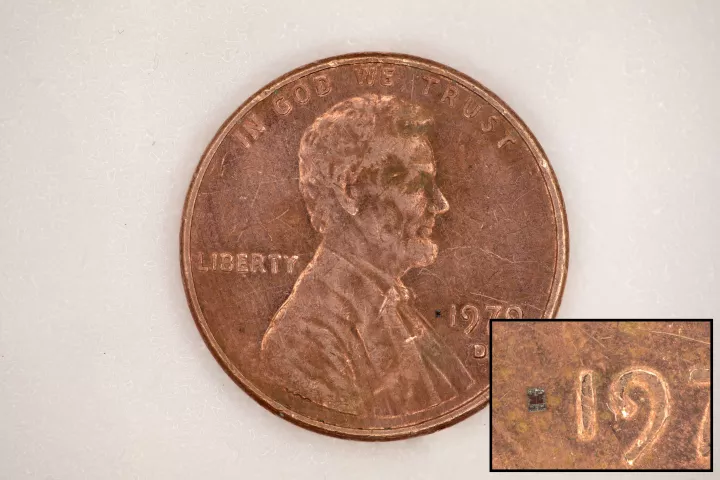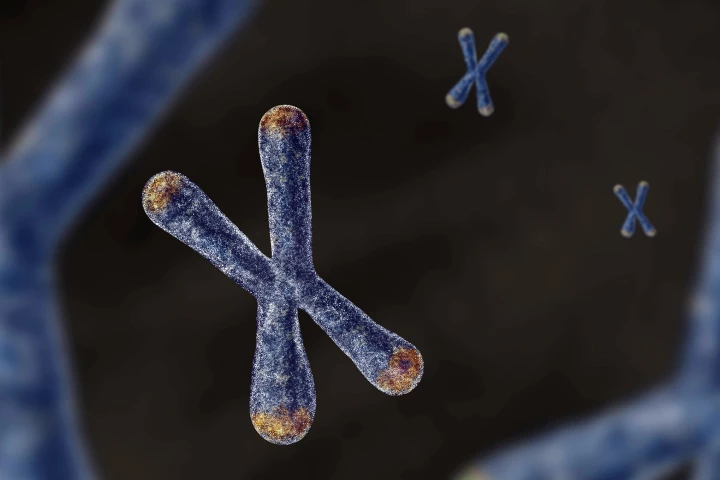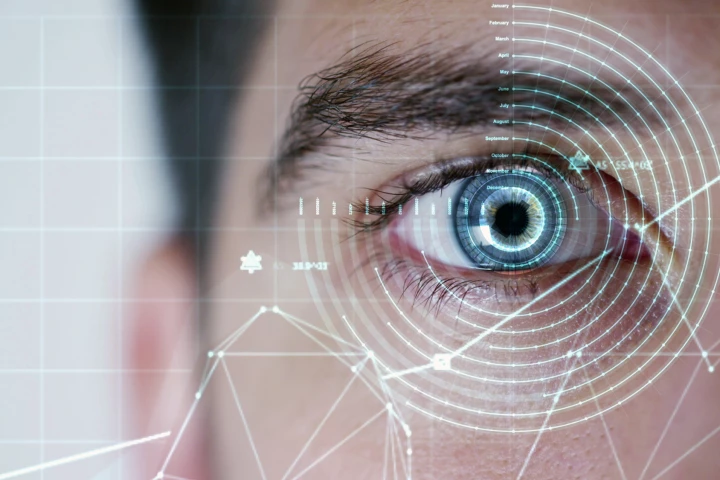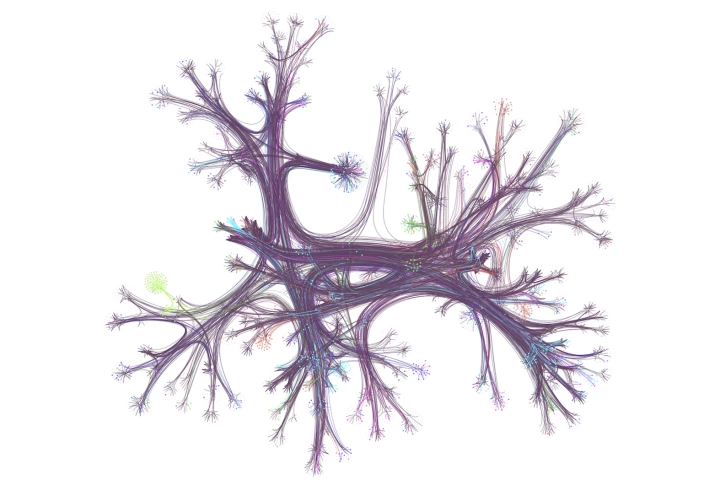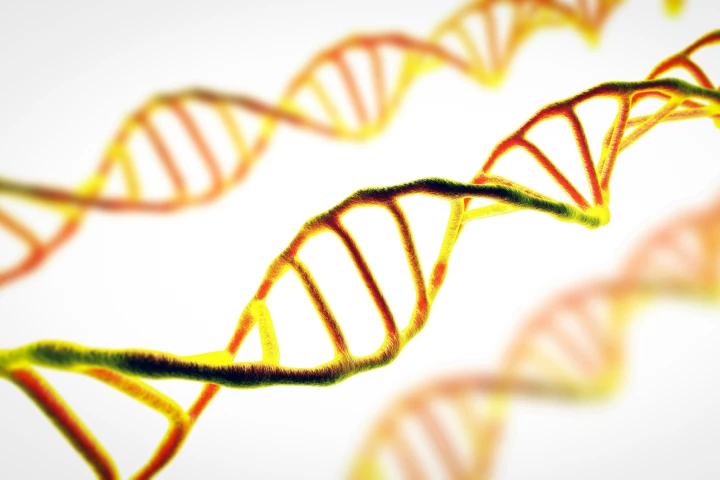University of Pennsylvania
-
These microscopic robots are smaller than a grain of sand. At 200 micrometers wide, they're autonomous, programmable, and cheap enough that high school students are already learning to operate them in labs.
-
A groundbreaking study has revealed that your mom and dad’s DNA don’t just pass on telomere length, they actively reshape it in the first days of life, influencing how we age and our risk of developing diseases such as cancer.
-
Scientists have developed a powerful new dual-imaging tool that maps the retina’s structure and oxygen use in unprecedented detail. This breakthrough could one day help doctors spot sight-stealing diseases long before symptoms appear.
-
Using intricate geometry found in nature and refined through aerospace and biomedical design, scientists have now 3D-printed these forms into concrete to boost strength and capture carbon – creating a scalable material that benefits people and planet.
-
The fungus thought to have claimed the lives of several excavators at Tutankhamun's burial site has had an image makeover, with scientists discovering that it holds potent cancer-fighting properties. It opens the door to new fungi-based medicines.
-
Looking beyond jabs, sprays or tablets, scientists are thinking outside the box for delivering antiviral medication to prevent the spread of highly transmissible bugs. Their secret weapon? Chewing gum – but one made from a rather fascinating bean.
-
In seeking new antibiotic sources, researchers have turned to an unlikely source: a whiffy frog known as Odorrana andersonii. By unclumping a compound it produces naturally, they've found a potential gut-friendly ally in the fight against superbugs.
-
A 2022 study found drinking four units of alcohol a day – two beers – can cause structural damage and brain volume loss equivalent to 10 years of aging. The findings proved to be the tip of the iceberg for researchers looking at how alcohol affects our brain.
-
The search behaviors of nearly 500,000 people from 50 countries has shed new light on how mood, gender, education, culture and where we live influences how we sate our curiosity and seek knowledge. So we ask: Are you a hunter, busybody or a dancer?
-
New research uncovering the DNA-damaging mechanism by which a mutated gene causes a rare, fatal disease may have repercussions for the treatment of many other diseases linked to aging, including heart disease, autoimmune disorders, and cancer.
-
Fish oil supplements containing omega-3 have long been touted as good for heart health. A new study has found they also reduce aggression. Researchers say the safe, common supplements should be used everywhere from the playground to the prison system.
-
Could ADHD have evolved in human populations to enhance a tribe's chances of successful foraging? A new study put this novel hypothesis to the test, recruiting several hundred people to play a specially made game measuring their foraging skills.
Load More
